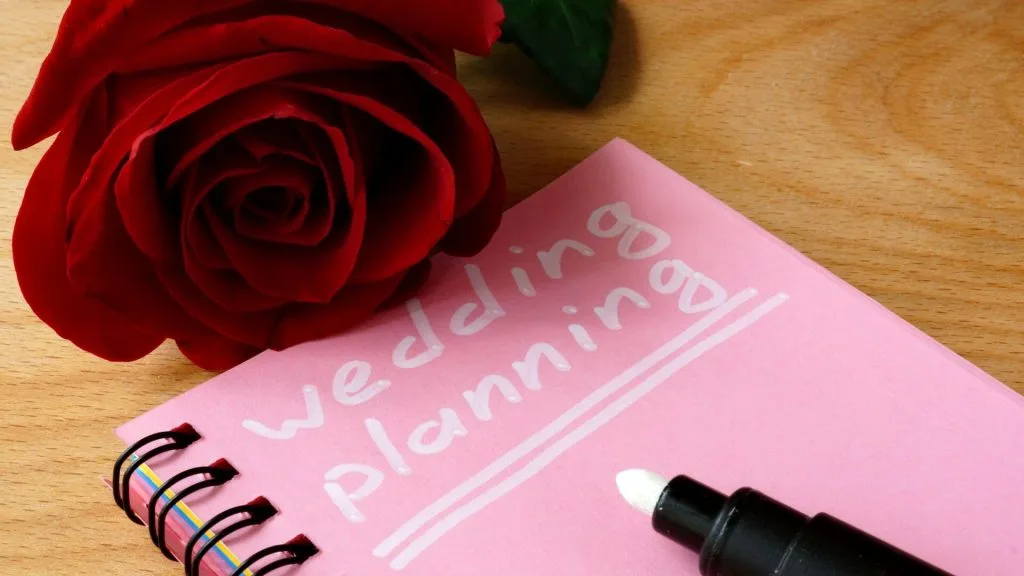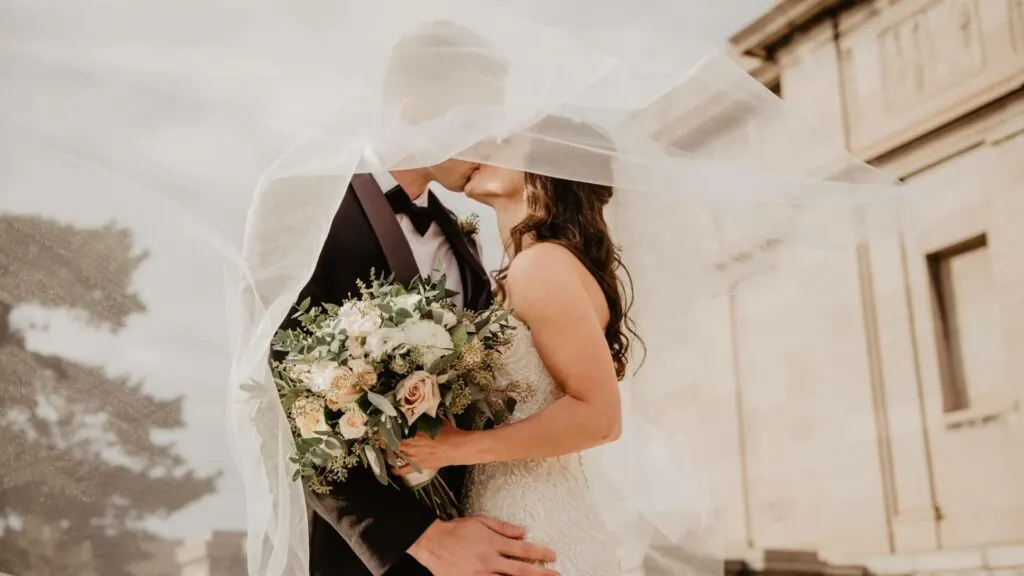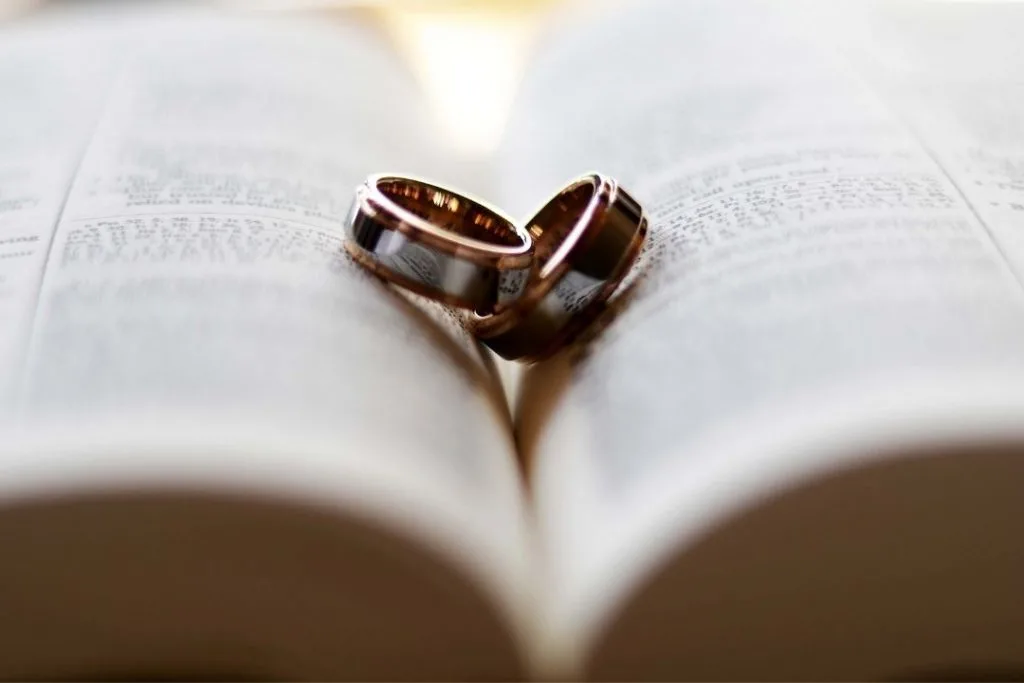Planning a wedding is a thrilling yet daunting endeavor. Amidst the excitement of choosing the perfect dress, venue, and flowers, one critical element often gets overlooked—the marriage certificate. This seemingly mundane piece of paper holds immense significance, ensuring your union is legally recognized. Focusing on the marriage certificate early on in your wedding planning can save you from unnecessary stress and legal complications down the road. This guide will walk you through everything you need to know about obtaining, completing, and securing your marriage certificate, making sure you are well-prepared for this essential aspect of your big day.

Understanding the Marriage Certificate
What is a Marriage Certificate?
A marriage certificate is an official document that legally records the union between two individuals. It’s not just a symbolic piece of paper but a crucial legal document that grants you various legal rights and benefits as a married couple. These can include tax benefits, inheritance rights, and the ability to make medical decisions for each other. Without a marriage certificate, your marriage may not be recognized by law, which can lead to significant legal and financial issues.
Historical Context
Marriage certificates have a long history, dating back to ancient civilizations. Historically, marriages were often informal agreements between families. Over time, as societies became more complex, the need for official documentation arose. In many cultures, marriage certificates became essential for legal recognition and to ensure the legitimacy of offspring. Today, while the process has modernized, the fundamental purpose remains the same: to legally affirm the union of two people.
Legal Requirements for Obtaining a Marriage Certificate

Pre-Wedding Legalities
Before you even think about walking down the aisle, there are several legal requirements you must meet. Most jurisdictions require both parties to be of legal age, typically 18, although this can vary. If either party is underage, parental consent or court approval may be necessary. Additionally, some regions mandate pre-marital counseling or health checks to ensure both parties are aware of what marriage entails and are in good health.
Documentation Needed
To apply for a marriage certificate, you will need to provide several documents. These usually include valid identification such as passports or driver’s licenses, proof of residence, and in some cases, birth certificates. If either party has been previously married, you’ll need to provide the divorce decree or a death certificate of the former spouse. Gathering these documents ahead of time will streamline the application process and help avoid any last-minute hiccups.
Application Process for a Marriage Certificate

Where to Apply
Knowing where to apply for your marriage certificate is crucial. Typically, you can apply at local government offices such as city hall or the county clerk’s office. In many areas, you also have the option to apply online, which can be a convenient alternative if you prefer to avoid in-person visits. Check your local government’s website for specific details on where and how to apply.
Step-by-Step Application Process
The application process for a marriage certificate generally involves filling out an application form with your personal details and those of your partner. This form may ask for information such as your full names, addresses, dates of birth, and social security numbers. Once the form is completed, you will submit it along with the necessary identification and any applicable fees. Some jurisdictions may require you to appear in person to sign the application and verify your identity.
Waiting Periods
After submitting your application, there is often a waiting period before the marriage certificate is issued. This can range from a few days to several weeks, depending on local laws. Some areas offer expedited processing for an additional fee, which can be useful if you’re on a tight schedule. It’s essential to factor in this waiting period when planning your wedding to ensure you receive your certificate on time.
Ceremony and Certification

Authorized Officiants
Not just anyone can legally marry you. The person officiating your wedding must be authorized to do so under the law. This can be a religious figure such as a priest, minister, or rabbi, or a civil official like a judge or a justice of the peace. Some jurisdictions also allow online-ordained individuals to officiate weddings. It’s crucial to verify that your chosen officiant meets all legal requirements to ensure your marriage is valid.
Witness Requirements
In addition to an authorized officiant, most places require witnesses to be present during the ceremony. The number of witnesses needed can vary but typically ranges from one to two. These witnesses must sign the marriage certificate to attest that they were present and that the marriage was conducted legally. Ensure your witnesses are aware of their role and responsibilities well before the wedding day.
Post-Ceremony Procedures
After the ceremony, there are a few final steps to complete the marriage certification process. The officiant, along with the witnesses, will sign the marriage certificate. This signed document must then be filed with the appropriate government office to be officially recorded. In some cases, the officiant will handle this filing, but it’s always a good idea to confirm that the necessary paperwork has been submitted to avoid any legal issues later on.
After the Wedding – Securing Your Marriage Certificate

Obtaining Certified Copies
Once your marriage is officially recorded, you can obtain certified copies of your marriage certificate. These copies are essential for various legal and personal purposes, such as changing your name, updating your marital status on official documents, and proving your marriage for immigration or insurance purposes. If you’re wondering, “where do I get a certified copy of my marriage certificate,” the answer is usually the local government office or an online government portal. Many jurisdictions offer online services for obtaining certified copies, making it convenient to get the documents you need.
Uses of a Marriage Certificate
Your marriage certificate is more than just a keepsake; it serves multiple legal functions. You’ll need it to change your last name on your social security card, driver’s license, and passport. It’s also required for updating marital status on tax returns, health insurance policies, and beneficiary designations for life insurance or retirement accounts. Keeping several certified copies on hand will make these processes smoother and more efficient.
Record Keeping
Proper storage of your marriage certificate is crucial to ensure it remains in good condition and readily accessible. Store the original and certified copies in a safe place, such as a fireproof safe or a secure digital repository. It’s also a good idea to keep a list of where you’ve stored these documents and who to contact in case they are lost or damaged. Having easy access to your marriage certificate can save you time and hassle when you need it for legal or personal reasons.
Common Issues and How to Avoid Them

Errors on the Marriage Certificate
Mistakes on your marriage certificate can lead to significant legal complications. Common errors include misspelled names, incorrect dates, or missing information. To avoid these issues, carefully review the certificate before signing and submitting it. If you notice any errors, address them immediately with the issuing office to correct them before the certificate is finalized.
Lost Marriage Certificate
Losing your marriage certificate can be stressful, but it’s not the end of the world. If your certificate is lost or damaged, you can request a replacement from the office where it was originally filed. This process usually involves submitting a form and paying a fee. Keeping certified copies in different locations and having a digital backup can help mitigate the impact of losing the original document.
International Considerations

Destination Weddings
If you’re planning a destination wedding, there are additional legal considerations to keep in mind. Different countries have varying requirements for marriage documentation, and you may need to provide additional paperwork such as birth certificates, affidavits of single status, or even undergo a residency period. Ensure you research the legal requirements of your wedding destination well in advance to avoid any last-minute complications.
Marriage Certificate Translation and Authentication
For marriages performed abroad, your marriage certificate may need to be translated and authenticated to be recognized in your home country. This process typically involves getting the certificate translated by a certified translator and then having it authenticated by the appropriate consulate or embassy. This step is crucial for ensuring your marriage is legally valid in your home country and for accessing any legal benefits associated with marriage.
Wedding Planning 101: The Ultimate Guide to Obtaining Your Marriage Certificate

The marriage certificate is a vital component of wedding planning that deserves careful attention and preparation. From understanding its legal significance to navigating the application process and ensuring proper post-ceremony procedures, this guide has provided a comprehensive overview to help you secure this essential document. Remember, obtaining a marriage certificate is not just a bureaucratic hurdle; it’s a key step in legally affirming your union and accessing the myriad benefits that come with marriage.
Incorporating the marriage certificate into your wedding planning timeline can help you avoid unnecessary stress and ensure that all legal aspects of your marriage are in order. Whether you’re asking, “where do I get a certified copy of my marriage certificate” or wondering about the role of witnesses in your ceremony, having this knowledge at your fingertips will make the process smoother and more efficient.
As you embark on this exciting journey, keep in mind the importance of the marriage certificate and the steps required to obtain and secure it. By doing so, you can focus more on the joyous aspects of your wedding day, knowing that the legal foundations of your marriage are solidly in place. Happy planning, and here’s to a beautiful and legally sound marriage!

Jessi is the creative mind behind The Coffee Mom, a popular blog that combines parenting advice, travel tips, and a love for all things Disney. As a trusted Disney influencer and passionate storyteller, Jessi’s authentic insights and relatable content resonate with readers worldwide.
